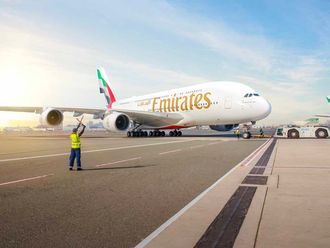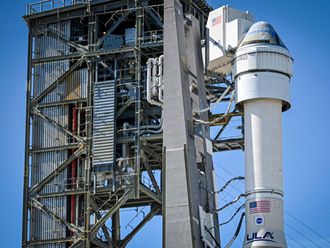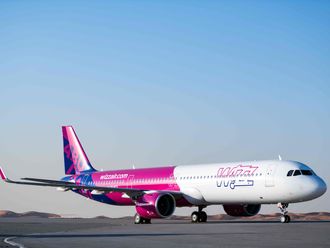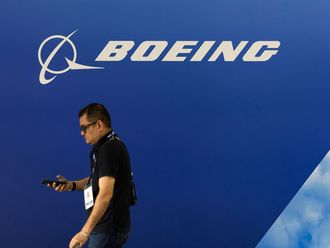Mumbai: Air India, a relic of state ownership threatened by losses, bloated costs and more nimble rivals, needs to secure a massive debt and operational overhaul if it is to survive in a market growing at 20 per cent a year.
The airline has not posted a profit since merging with former duopoly partner Indian Airlines in 2007 and relies on handouts from New Delhi to survive. It is behind on its payroll obligations and was forced one day last month to cancel a handful of flights because it had not paid its fuel bills.
Air India and 26 banks are in talks to restructure $4 billion (Dh14.68 billion) of working capital debt in a deal that would force lenders including State Bank of India to accept equity in the carrier and cut lending rates to about 8 per cent from 11-13 per cent, saving it $133 million in interest costs. Banks are not happy about the plan but may have no choice.
"There is no other option for banks but to go for it. But what they are asking for is not reasonable," said a banker involved in the ongoing negotiations. "If it is reasonable, we will approve it."
Drastic revamp
Even if it can persuade banks to revise a payment schedule for $3 billion in local currency debt due on June 30, Air India needs a drastic revamp or privatisation that may require more money and political will than the government can muster.
With New Delhi opposed to privatisation but unwilling to put it out of business and banks poised to agree to a restructuring for lack of a more attractive option, Air India may well limp along in its current zombie state.
"Fundamentally, Air India has reached a dead end," said Kapil Kaul, chief executive for the Indian subcontinent and Middle East at the Centre for Asia Pacific Aviation. "From a business case standpoint it should have ceased to operate a few years back had it been a private company."












